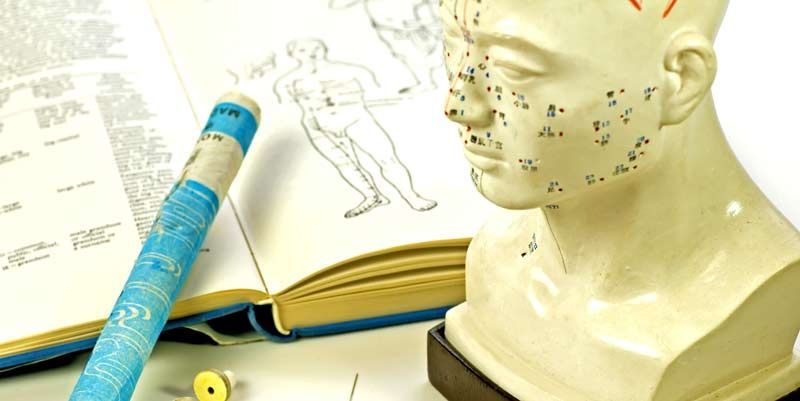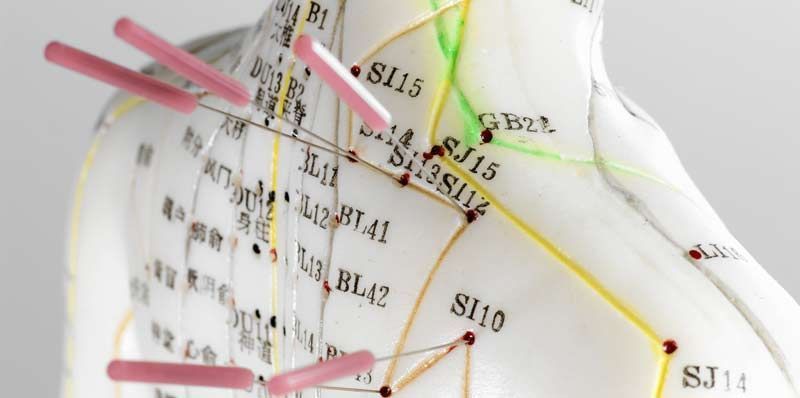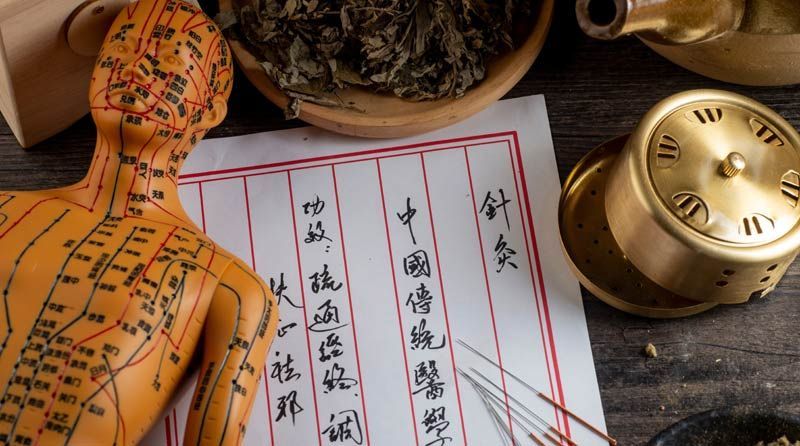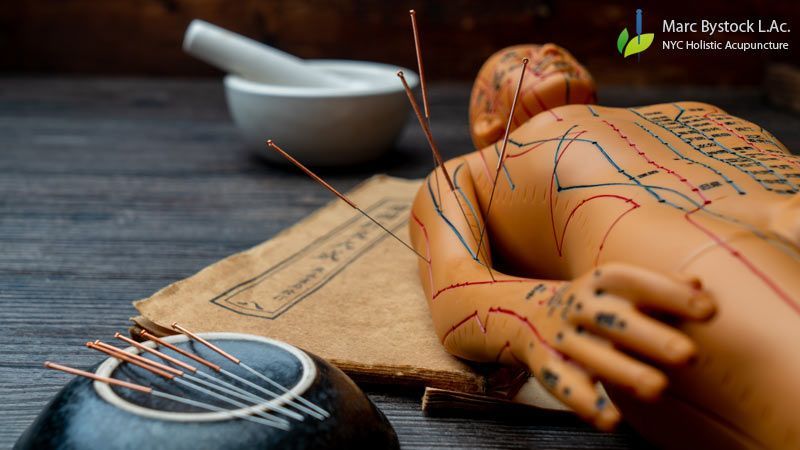Integrating Acupuncture with Traditional Medicine: Enhancing Health Through Complementary Practices

The Synergy of Healing: Integrating Acupuncture with Traditional Medicine for Holistic Health
In recent years, the integration of acupuncture with traditional medicine has gained considerable recognition as a viable path toward achieving better overall health. As patients increasingly seek holistic approaches to their health care, the collaboration between acupuncture practitioners and conventional medical professionals opens up new possibilities. This blog post will explore how acupuncture complements traditional medical treatments, highlighting the benefits and pathways for integration that promote patient well-being.
Understanding Acupuncture
Acupuncture is a practice rooted in traditional Chinese medicine that involves the insertion of thin needles into specific points on the body. This technique aims to stimulate the body's natural healing processes by balancing the flow of energy, or "Qi." While acupuncture has been practiced for thousands of years, contemporary research has demonstrated its efficacy in addressing various health concerns, including chronic pain, stress, and digestive issues. By understanding the principles of acupuncture, patients can better appreciate how this therapeutic modality can work alongside conventional medical approaches.
The Role of Traditional Medicine
Traditional medicine, primarily characterized by Western medical practices, focuses on diagnosing and treating diseases through established methods such as pharmaceuticals, surgery, and diagnostic tests. While conventional medicine has made remarkable advancements in treating acute and chronic illnesses, it often targets symptoms rather than addressing the underlying causes of health issues. This symptom-focused approach can be beneficial in many cases, but may sometimes leave patients seeking additional solutions for their holistic health.
The Complementary Nature of Acupuncture
Acupuncture and traditional medicine can work synergistically by combining their respective strengths. One of the most significant benefits of integrating acupuncture into traditional medical practices is the emphasis on the whole person. Acupuncture practitioners often consider not only the physical symptoms presented but also the emotional and mental states of their patients. By addressing these multifaceted dimensions of health, acupuncture can help patients achieve a more comprehensive form of healing, promoting overall well-being.
Managing Chronic Pain Through Integration
Chronic pain conditions, such as arthritis, fibromyalgia, and lower back pain, are among the most prevalent health issues that affect individuals worldwide. Conventional medicine often relies on pain management strategies that include medications, injections, or surgery. However, the use of acupuncture has emerged as an effective complementary therapy for managing pain. Research indicates that acupuncture can help reduce inflammation, enhance circulation, and stimulate the release of endorphins, the body's natural pain-relieving substances. By integrating acupuncture with traditional pain management protocols, patients can experience minimized discomfort and improved functionality in daily life.
Stress Reduction and Emotional Well-Being
Emotional health is intrinsically linked to physical well-being, and stress plays a significant role in exacerbating many health conditions. Traditional medicine often provides pharmacological solutions for anxiety and depression, but these might come with side effects or dependency issues. Acupuncture offers a natural alternative that supports relaxation and emotional balance. Studies have shown that acupuncture can effectively reduce levels of cortisol, the stress hormone, while enhancing the production of serotonin and dopamine, neurotransmitters that promote feelings of happiness and well-being. By incorporating acupuncture into mental health treatment plans, providers can offer patients a holistic approach to managing stress and emotional challenges.
Enhancing Treatment Outcomes for Cancer Patients
For individuals undergoing cancer treatment, the integration of acupuncture can provide much-needed relief from the side effects of conventional therapies such as chemotherapy and radiation. Many cancer patients experience debilitating symptoms, including nausea, pain, fatigue, and anxiety. Research has indicated that acupuncture can help alleviate these symptoms, improving patients' quality of life during treatment. Furthermore, acupuncture can assist in managing treatment-related pain and anxiety, allowing patients to maintain a sense of control over their health journey. Collaborative efforts between oncologists and acupuncturists can lead to improved patient outcomes and a more supportive therapeutic environment.
Integrating Acupuncture into Patient-Centered Care
As healthcare shifts towards a patient-centered approach, the integration of acupuncture represents a significant opportunity to enhance the standard of care. Healthcare practitioners can collaborate with licensed acupuncturists to provide comprehensive treatment plans tailored to individual needs. This collaborative approach encourages open communication between medical professionals, allowing for the sharing of patient health histories and treatment goals. By fostering a multidisciplinary team approach that includes acupuncturists, primary care physicians, and specialists, patients can benefit from a more cohesive and effective healthcare experience.
Addressing Patient Concerns and Misconceptions
Despite the growing acceptance of acupuncture, some patients remain skeptical about its efficacy. Common misconceptions about acupuncture, including concerns about pain, safety, and treatment expectations, can hinder individuals from seeking this beneficial therapy. It is essential for practitioners of both acupuncture and traditional medicine to address these concerns openly. Providing education on the mechanisms of acupuncture, sharing evidence from scientific studies, and offering personal testimonials can contribute to demystifying the practice. When patients understand how acupuncture works and what to expect from treatments, they are more likely to embrace it as an integral part of their health care journey.
The Future of Integrative Medicine
The future of healthcare is moving towards a more integrated model that combines traditional and complementary practices. As research continues to support the effectiveness of acupuncture, an increasing number of hospitals and clinics are incorporating acupuncture services into their offerings. This trend reflects a growing recognition of the importance of personalized care and the need for a holistic approach to health. In light of this evolution, healthcare policies and educational programs must adapt to foster greater collaboration between practitioners of traditional and alternative medicine.
Conclusion
Integrating acupuncture with traditional medicine offers patients a well-rounded approach to health that addresses physical, emotional, and psychological aspects of well-being. By recognizing the complementary nature of these two modalities, patients can achieve lower stress levels, improved quality of life, and better overall health outcomes. Acupuncture serves as a valuable addition to conventional medical treatments, helping patients navigate their health journeys more effectively. By fostering collaboration between acupuncturists and conventional medical professionals, we can create a healthcare environment that prioritizes holistic wellness and empowers individuals to take charge of their health.












